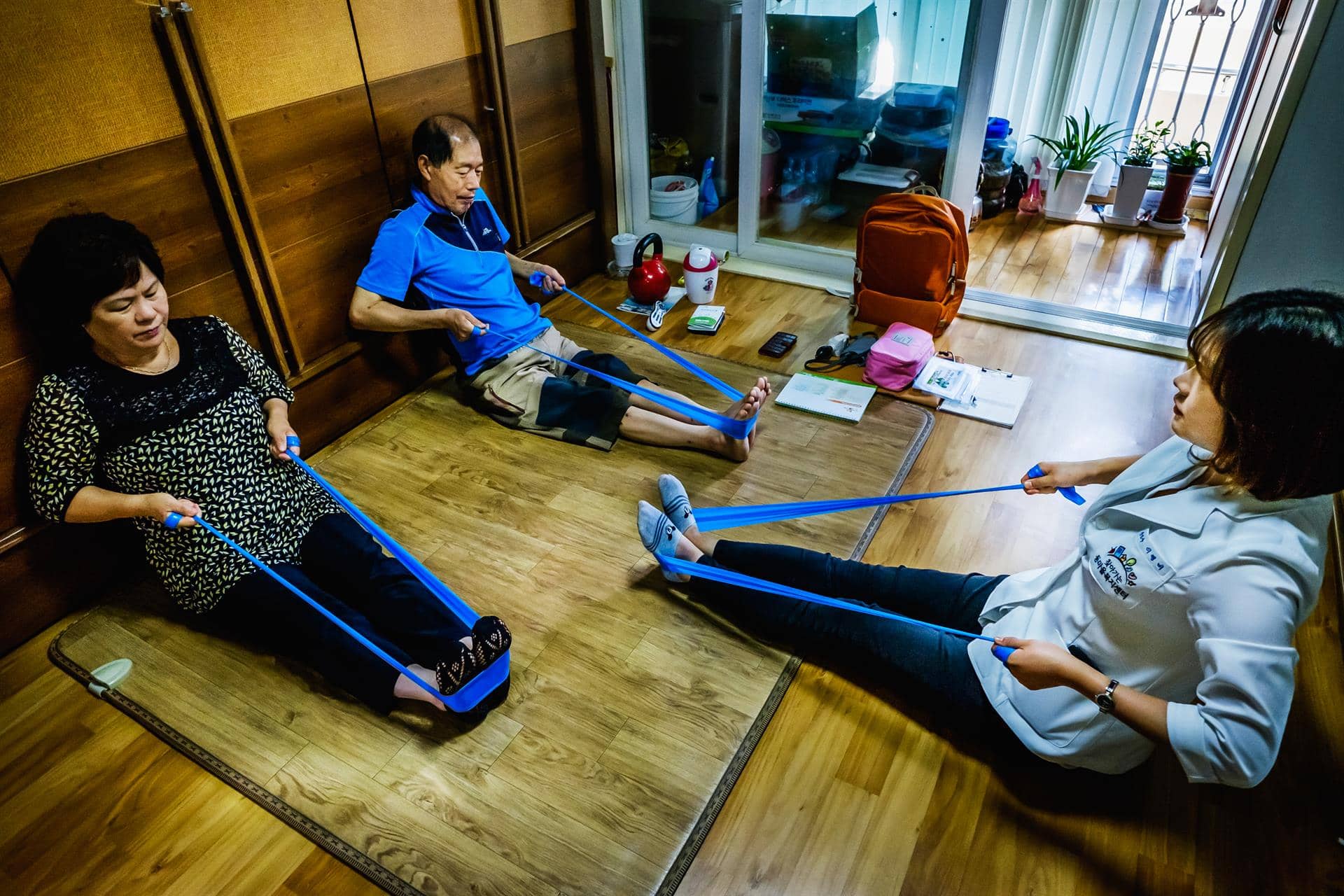The field of drug rehabilitation is constantly evolving as new research and technologies emerge. Traditional methods such as detox, counseling, and 12-step programs remain effective, but modern advancements are providing even more personalized and science-backed approaches to addiction recovery. Here’s a detailed look at the latest trends in drug rehabilitation therapies.
1. Personalized Treatment Plans
Every person struggling with addiction has a unique experience, which is why individualized treatment plans have become a major trend. Using genetic testing, behavioral analysis, and comprehensive assessments, rehab centers are now creating personalized treatment strategies that cater to an individual’s specific needs, reducing the likelihood of relapse.
2. Medication-Assisted Treatment (MAT)
Medication-Assisted Treatment (MAT) continues to be a game-changer in addiction recovery. The use of FDA-approved medications such as buprenorphine, methadone, and naltrexone helps manage withdrawal symptoms and reduce cravings. Combined with therapy, MAT increases the chances of long-term sobriety.
3. Holistic and Alternative Therapies
Holistic approaches are gaining traction as more people seek natural and comprehensive treatment methods. These therapies focus on healing the mind, body, and spirit. Popular holistic therapies include:
- Yoga and Meditation: Helps with stress reduction and emotional stability.
- Acupuncture: Used to relieve withdrawal symptoms and cravings.
- Nutritional Therapy: Supports physical health and brain function during recovery.
- Equine Therapy: Interaction with horses helps individuals develop trust, responsibility, and emotional growth.
4. Virtual and Telehealth Rehab Services
The rise of telemedicine has extended to addiction treatment, allowing patients to receive therapy and support remotely. Telehealth services offer:
- Virtual counseling sessions with licensed therapists.
- Online support groups and recovery meetings.
- Remote monitoring for medication adherence.
This approach has made treatment more accessible, especially for those in rural areas or with mobility challenges.
5. Cognitive-Behavioral Therapy (CBT) and Dialectical Behavior Therapy (DBT)
Cognitive-Behavioral Therapy (CBT) and Dialectical Behavior Therapy (DBT) remain foundational in drug rehab but are being refined for even better outcomes. These evidence-based therapies help individuals change negative thought patterns and develop healthier coping mechanisms. DBT is especially effective for individuals with co-occurring mental health disorders such as depression and anxiety.
6. Neurofeedback and Brain Stimulation Therapies
Cutting-edge brain stimulation techniques are making a significant impact on addiction recovery. These include:
- Transcranial Magnetic Stimulation (TMS): A non-invasive procedure that stimulates brain regions linked to addiction.
- Neurofeedback Therapy: Helps individuals train their brains to regulate emotions and reduce cravings.
These innovative approaches are helping reshape how addiction is treated at a neurological level.
7. AI and Data-Driven Recovery Programs
Artificial intelligence (AI) and data analytics are now being used to track patient progress and predict relapse risks. AI-driven platforms analyze behavior patterns, therapy effectiveness, and personal triggers to create more adaptive and effective treatment plans.
8. Family-Centered Treatment Approaches
Rehabilitation programs are increasingly involving families in the recovery process. Research shows that family support significantly improves recovery rates. Modern rehab centers offer:
- Family counseling sessions.
- Educational workshops on addiction and recovery.
- Strategies to rebuild trust and strengthen relationships.
9. Peer Support and Community-Based Recovery
Strong peer support networks are essential for long-term recovery. Programs such as SMART Recovery and Refuge Recovery provide alternatives to traditional 12-step models. Community-driven approaches empower individuals to stay sober by fostering a sense of accountability and belonging.
10. Workplace and Career-Focused Rehabilitation
Many people struggling with addiction fear losing their jobs or being unable to reintegrate into the workforce. Progressive rehab programs now offer:
- Career counseling and job placement assistance.
- Workplace reentry programs.
- Stress management workshops for professionals.
The latest trends in drug rehabilitation therapies are transforming the way addiction is treated. With advancements in personalized care, telehealth, holistic methods, and cutting-edge neuroscience, individuals now have more options than ever for achieving lasting recovery. As research continues to evolve, the future of drug rehabilitation looks even more promising, ensuring better outcomes and improved lives for those battling addiction.






